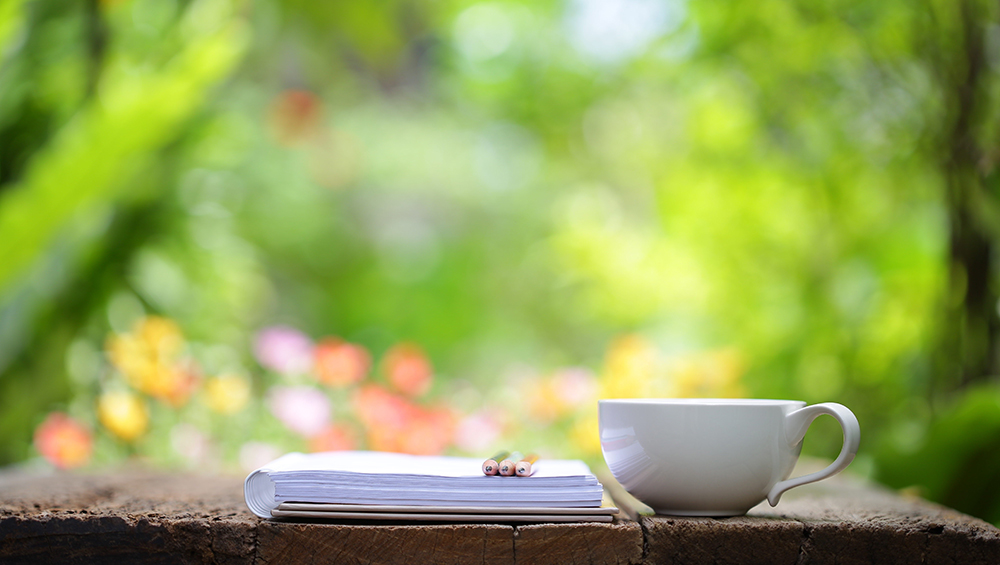Read this now. Thank us later.
Read this now. Thank us later.
What if we told you the secret to greater happiness and health? You’d thank us, right? Well, as a matter of fact, that’s it. That right there is the secret: thanking. Research has shown that people who are grateful have stronger friendships, are more optimistic and enthusiastic, and—perhaps most surprising—are even at a reduced risk of getting sick. Experts say it’s because expressing gratitude puts the focus on what we already have rather than what we lack. They say it’s something anyone can teach themselves, and it grows stronger with practice. So here are four ways to start cultivating your gratitude right away.
Say thank you. Taking a few moments to thank someone every day doesn’t just make you feel happier, it nurtures your relationship with that person by expressing your appreciation for her, according to the psychologists who led a University of Miami gratitude study. It can be in person or with a phone call, card, or e-mail. Some people also go out of their way to say an unexpected thank you to strangers who cross their path. (For these people, it’s second nature to thank the waitress at a diner, but they’ll also thank the busboy for clearing the table and the manager for keeping the place so clean.)
Start a gratitude journal. It doesn’t have to be anything lengthy, or even written in complete sentences, but documenting in black and white what you appreciate most is a powerful habit to start. Many life coaches use this trick with their clients, noting that it helps people feel more positive emotions. As you write, be specific and think about the sensations you felt when something good happened to you. Maybe that pat on the shoulder from a professor who spotted all the extra work you put into an assignment made all the late nights worth it. Get it on paper! Or maybe your child saw you sigh after hanging up from a tough phone call and his subsequent hug meant the world to you. Get it on paper! This reflection is something you can choose to do alone or it can become a regular family ritual.
Recognize others. If writing it down isn’t your thing, mentally acknowledging the good you see in others can reap similar rewards. It’s true, just thinking grateful thoughts has a positive effect. Some people also express their thanks in religious or spiritual terms. Take a few moments before you go to bed at night, or while you’re in the shower in the morning, and think of one person who has enriched or changed your life for the better.
Meditate. Meditation isn’t some far out, New Age concept that requires incense and beaded curtains. To meditate is simply to focus on the present moment without judgment. And that’s something you can do sitting at your computer, behind the wheel, or, yes, in a dark room with no one around. Although people who meditate regularly often concentrate on a word (such as “calm” or “peace”), you can also zero in on what you’re grateful for, such as your health, a snowy afternoon, the determination or sense of humor you got from your parents, your friends. If sitting still doesn’t suit you, moving meditation has been shown to be just as effective. The next time you’re taking a walk, try focusing your mind on what you’re thankful for.
 Mindful Sodexo
Mindful Sodexo 

0 Comments